Building a disability-inclusive and supportive workplace culture in Bangladesh
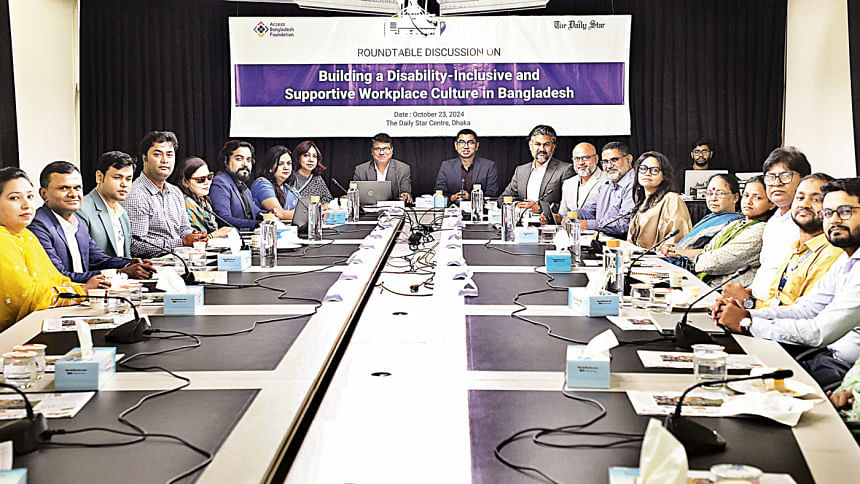
Access Bangladesh Foundation, in collaboration with The Daily Star, organised a roundtable titled "Building a Disability-Inclusive and Supportive Workplace Culture in Bangladesh" on October 23, 2024. Here, we publish a summary of the discussion.
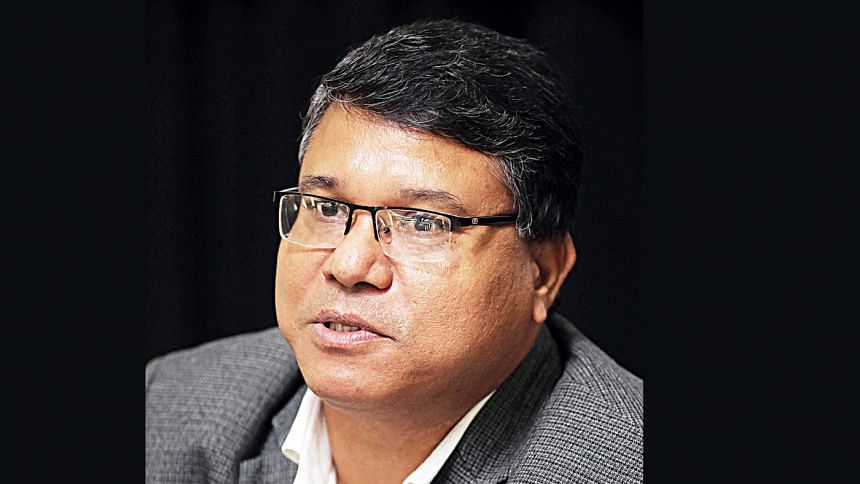
Albert Mollah, Co-Founder and Executive Director, Access Bangladesh Foundation
According to the Labour Force Survey 2022, only 27.29 per cent of persons with disabilities aged 15 and older were employed. Meanwhile, the National Survey on Persons with Disabilities 2021 suggests that the percentage is 33.78 per cent. The Labour Force Survey 2022 also reveals that the employment ratio for persons with disabilities is highest in the agriculture sector (52.61 per cent), followed by the service sector (36.71 per cent) and the industry sector (11.13 per cent).
However, only 12.81 per cent of persons with disabilities are employed in the formal sector, while 87.19 per cent work in the informal sector. Around 80.91 per cent of persons with disabilities do not have the entry-level educational qualifications required for admission to TVET institutes, with only a small percentage (0.21 per cent) receiving vocational training. The enrolment of women with disabilities in vocational training is even lower (0.13 per cent).
The losses incurred by excluding persons with disabilities from the workforce are significant. A study conducted by the International Labour Organisation (ILO) in ten low- and middle-income developing countries found that the economic losses from excluding persons with disabilities are estimated to be between 3 and 7 per cent of a country's GDP.
Yet, they continue to be excluded from the workforce. This exclusion persists despite various legal frameworks that support employment opportunities for persons with disabilities, such as the United Nations Convention on the Rights of Persons with Disabilities (UN CRPD). The overarching principle of the Sustainable Development Goals (SDGs) – "Leave No One Behind" – also aligns with these issues.
Persistent negative perceptions and stereotypes limit work opportunities for persons with disabilities. The lack of accessibility, necessary accommodations, and opportunities for skill development, quality education, and vocational training make it even more difficult for them to receive education and find work. While the country has laws and policies supporting persons with disabilities, inadequate enforcement of these policies and the lack of comprehensive support systems hinder their progress in employment and education.
Some key strategies can be implemented to enhance employment opportunities for persons with disabilities. One is to increase awareness and training for employers. Employers should be educated about the benefits of hiring persons with disabilities and trained in inclusive hiring practices. Employers and HR professionals can play a crucial role in fostering an inclusive workplace culture by improving accessibility, providing reasonable accommodations, and developing and implementing supportive policies and practices.
The government also needs to strengthen existing laws and policies and ensure their implementation to promote employment opportunities for persons with disabilities. Sufficient budgetary and resource allocation is also crucial for fostering inclusive employment. Investments should be made to make workplaces and public spaces more accessible.
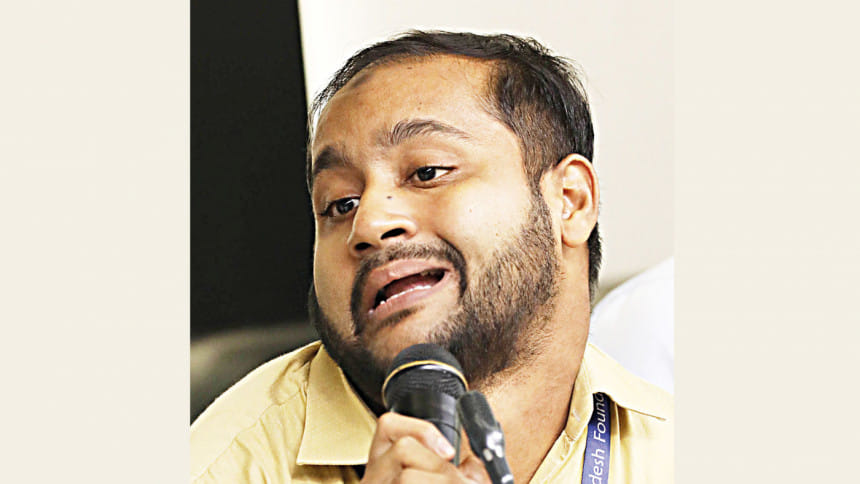
Akash Rahman, Assistant Admin and HR Officer, Access Bangladesh Foundation
I completed my SSC in 2010 and my HSC in 2012 from the Dhaka board. Subsequently, I earned my bachelor's degree in 2016 and my master's degree in 2017 from Jahangirnagar University, under the Faculty of Sociology in the Department of Government and Politics.
Following my studies, I began my job search, facing discrimination and harassment at every step of the process. I participated in over 50 recruitment exams, yet employers consistently chose other candidates over me due to my disability.
Eventually, I was given the opportunity to complete a six-month internship at Access Bangladesh Foundation. In 2021, I joined Access Bangladesh Foundation as a full-time staff member, where I have now been working for four years. There are many people like me across the country, so I have one request for employers: please come forward and provide job opportunities for persons with disabilities.
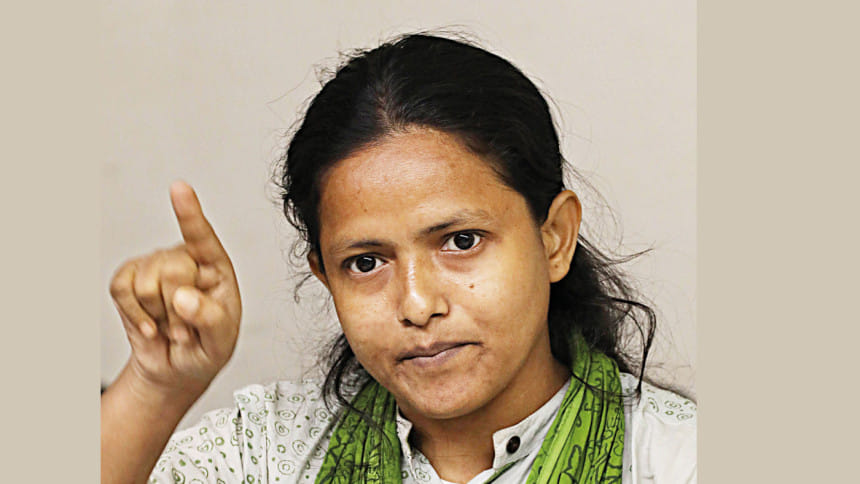
Hawa Islam, Job-Seeker
I am a woman with hearing and speaking disabilities, and this has hindered my career progression. I sought work in various sectors, starting with a restaurant and then moving on to IT companies, furniture shops, and even RMG factories. However, in most instances, employers would not offer me a suitable role after the three-month training period due to my disability.
Accommodation issues also arose. I could only work at the RMG factory for eight months, as my disability was exploited to assign me additional tasks, resulting in work hours nearly every day from 8:00 a.m. to 10:00 p.m.
My experience highlights that women with hearing and speech disabilities face even greater discrimination in the workforce due to communication barriers present in almost every sector.
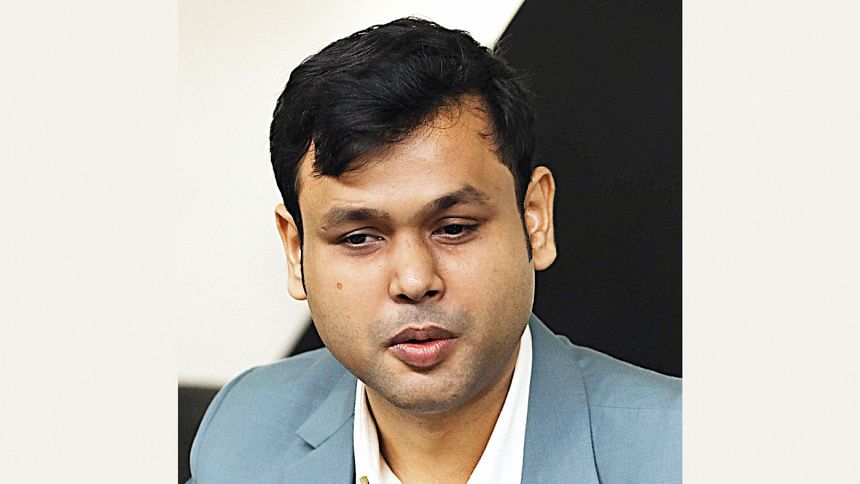
Nazmus Sakib, Diversity and Inclusion Officer, UNDP
An educational barrier exists that discriminates against persons with disabilities compared to those without, even before they enter the workforce.The quota system has never truly helped us in this regard. It is important to recognise that job seekers are also users of digital products, and companies should factor this into their recruitment processes. It is the responsibility of organisations to ensure digital accessibility and reasonable accommodations in recruitment exams and interviews for persons with disabilities, making the job-seeking process fair for them.
Another important point to remember is that disability is not homogeneous. The struggles of someone with a disability from a remote area in the country are significantly different from my struggles as a person with a disability from an urban area. The types and levels of disabilities are also key factors. People's unconscious biases prevent us from reaching our full potential. Our productivity relies on accommodation and accessibility. Ensuring these factors are in place will enable us to contribute more effectively to the country's economy.
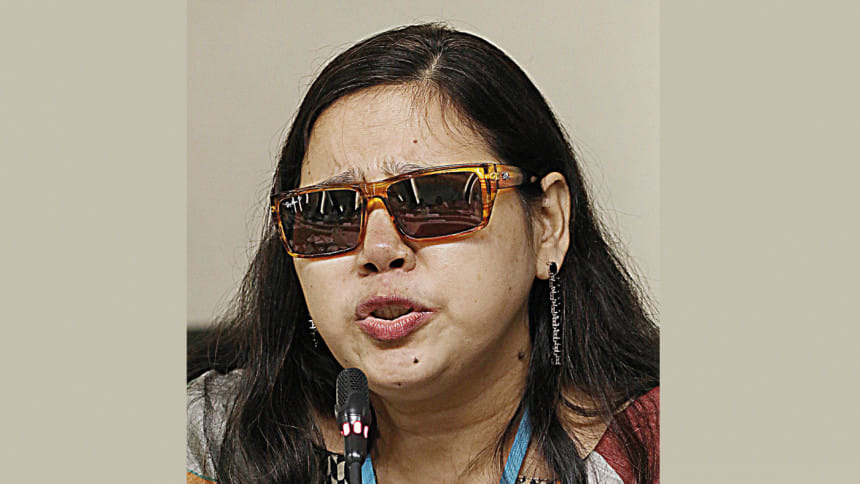
Nazma Ara Begum Poppy, National Project Support Officer, UN Women Bangladesh
The barriers encountered by women with disabilities are significantly heightened in a system that already discriminates against women without disabilities. This is largely due to our lack of awareness of the issue.
In our society, women face numerous security concerns, which are exacerbated for women with disabilities. These challenges can result in a severe shortage of appropriate accommodation and transportation options. These are the reasons why women with disabilities do not receive the necessary moral support from their families when they wish to enter the workforce.
In my opinion, accommodation and transportation are two areas on which employers need to focus. We also need documented research to inform policymaking in these aspects.
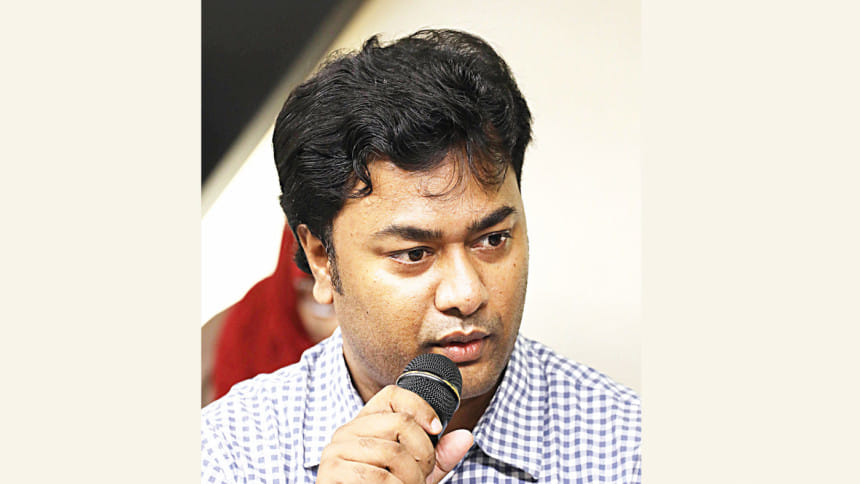
Mahmudul Hasan, Assistant Director, SWID Bangladesh
The Neuro-Developmental Disability Protection Trust Act 2013 is not active enough. The government must be held more accountable on this front. It should also analyse the skill levels of this population and identify areas where they can be employed without difficulty. The findings of such analyses should be disseminated among employers. At the same time, employers need to be educated and trained on the abilities of persons with intellectual disabilities. Persons with intellectual disabilities require job security, support, and coaching facilities, which employers must ensure.
Meanwhile, the Special Education Programme should prioritise rehabilitation rather than focusing solely on teaching basic life skills. It needs to be more relevant and tailored to vocational training and employment opportunities.
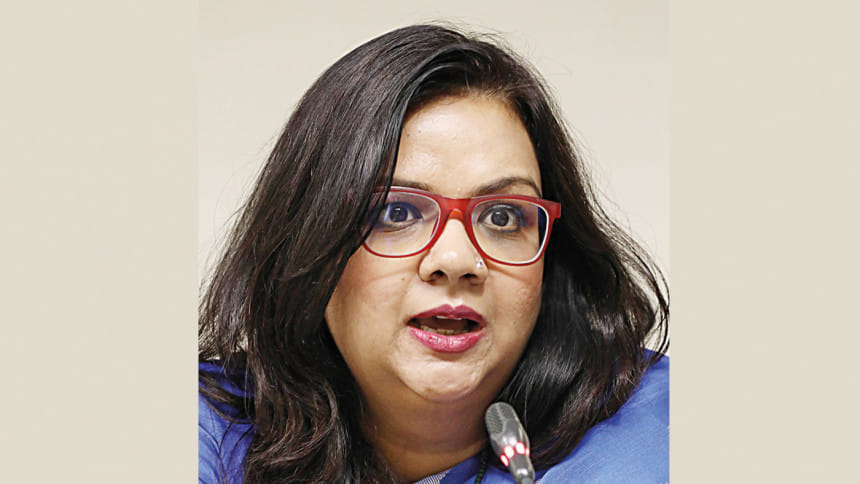
Ridma Khan, Director, Women Chamber of Commerce and Industry
Systemic discrimination against persons with disabilities prevents them from accessing mainstream education and employment opportunities. Women with disabilities face multiple layers of marginalisation – for being women and for having disabilities. Creating awareness to remove the stigma associated with disabilities is extremely crucial.
Businesses are profit-driven ventures, and they need proper incentives for hiring and training persons with disabilities. Affirmative action involves more than just quotas. Providing employment opportunities for persons with disabilities is the first step; however, it is equally important to sensitise the workplace to meet their specific needs. We must ensure that we are actively advocating for these issues while implementing women-specific policies to facilitate their inclusion in the workforce, including as entrepreneurs.
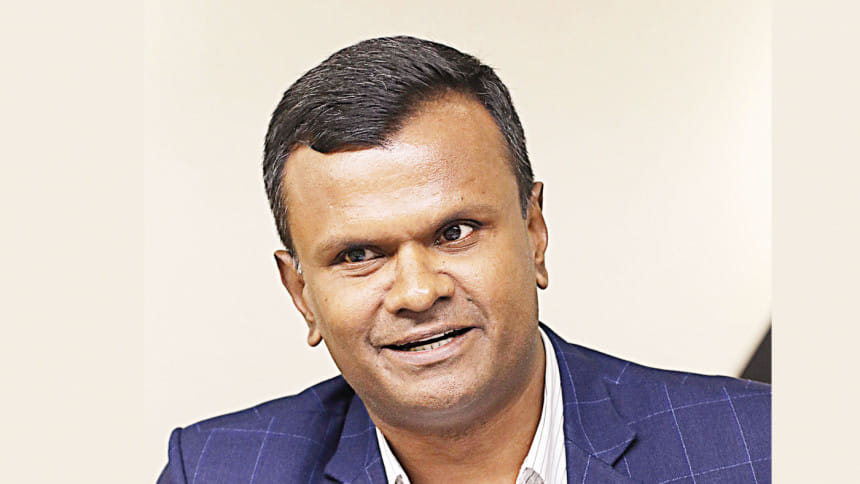
Muhammad Habibur Rahman, Assistant Secretary-General (Legal Affairs), Bangladesh Employers' Federation (BEF)
I believe that, just as employers have a responsibility to include persons with disabilities in their companies, we also have a responsibility to give our best to the job. The government also bears the responsibility of implementing the legal provisions for persons with disabilities.
It is not only about enforcing existing laws but also about fostering social acceptance. For instance, the law mandates reserving 5 per cent of seats on public transportation for persons with disabilities. However, in my experience, attempting to claim these rights often leads to unpleasant consequences. These issues require attention, and raising awareness is key in this regard. Bangladesh's Labour Law should properly address the challenges faced by employees with disabilities.
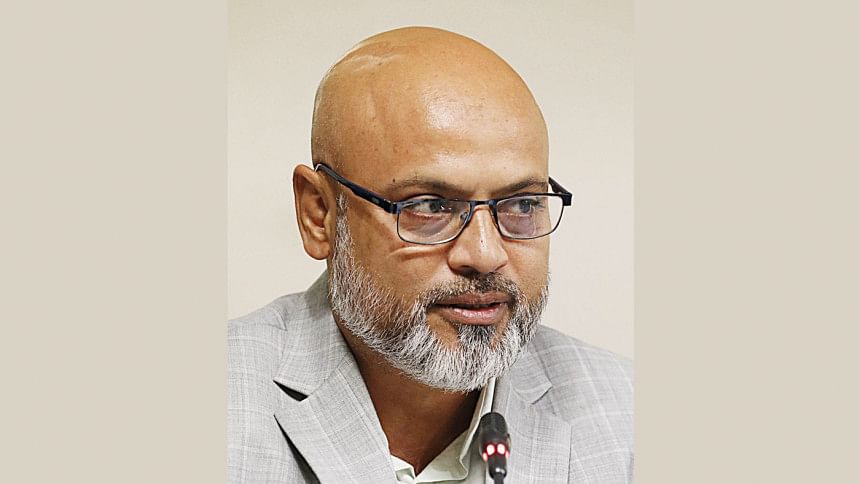
Dr Mohammad Sohrab Hossain, Executive Director, CRP
Workplace modifications through accessibility audits are essential for creating disability-friendly environments. Currently, many young individuals have been admitted to the CRP following injuries sustained during the July uprising. Our plan is to rehabilitate them after their treatment by offering access to training, employment opportunities, and additional support such as microcredit schemes. This is undoubtedly a challenging undertaking, and we hope to gain your support in this endeavour.
I am confident that today's discussion will lead to valuable recommendations and promote collaboration to address accessibility issues. This initiative is a significant step in raising awareness and driving meaningful change. Moving forward, it is essential to prioritise actionable strategies that can effectively improve accessibility and foster more inclusive environments.
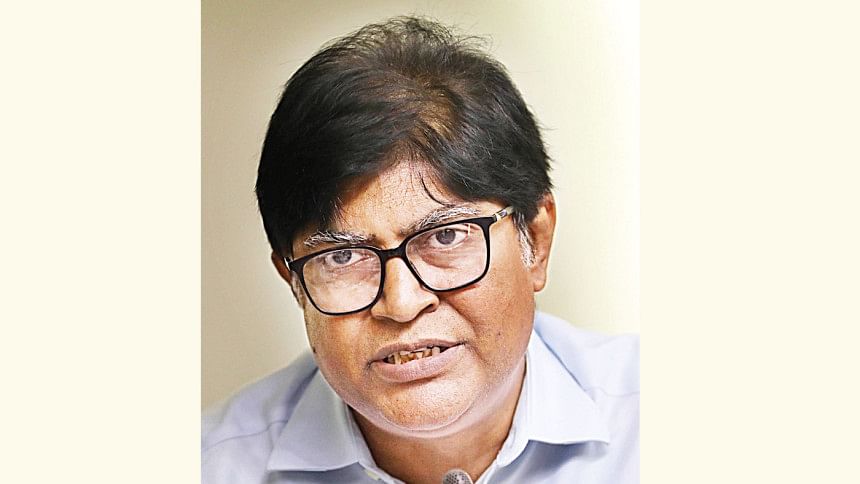
Md Ayub Ali Sarker, Senior Specialist, TVET & Skills Development, UCEP
The National Skill Development Policy 2022 must be implemented effectively to ensure the inclusion of persons with disabilities in the skills system. Ensuring accessibility is one of UCEP's core responsibilities, and we are working on infrastructural accommodation in collaboration with relevant organisations. However, our capacities are also limited. Capacity development is crucial when it comes to ensuring accessibility and inclusion.
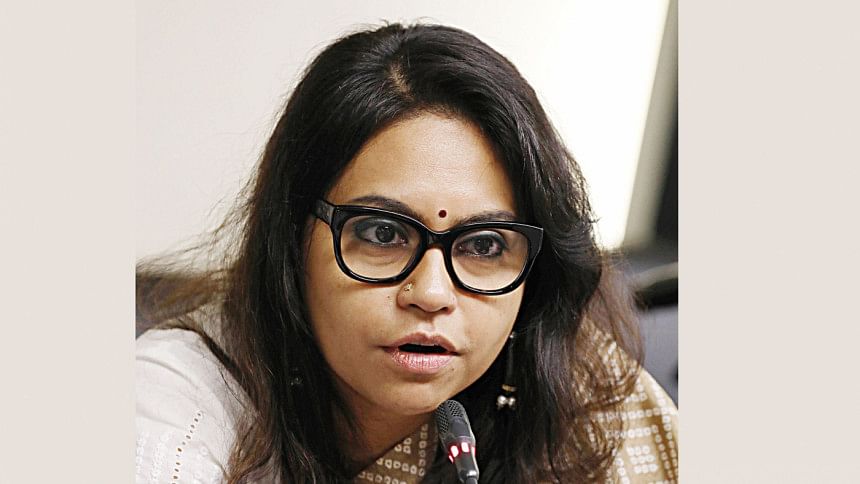
Tasmiah Tabassum Rahman, Associate Director, BRAC Skills Development Programme
BRAC's current skills programme provides training to 70 per cent youth in informal training and persons with disabilities training is mainstreamed through the STAR model. It is based on a pedagogical method that relies on the relationship between a mentor and a mentee. For example, we send our beneficiaries to a tailoring shop to learn the craft from the business owner himself/herself.
We focus on informal training because majority of research shows that most persons with disabilities are employed in the informal sector, largely due to the barriers they face in accessing mainstream education and formal work. Additionally, it is often easier for them to secure employment in informal sectors than in more technical fields. We work with informal employers to create this awareness.
The real challenge begins after the training period concludes. Securing employment or establishing a business can take an additional three to four years. The difficulty often lies in obtaining the necessary funding and ongoing support during this time.
To address these challenges, it is crucial to update training materials and methodologies to be more disability-friendly. Trainers should also be educated in disability-sensitive practices to ensure the training process is inclusive and effective. After that, employment has to be sustainable so that acceptance needs to be there by employers.
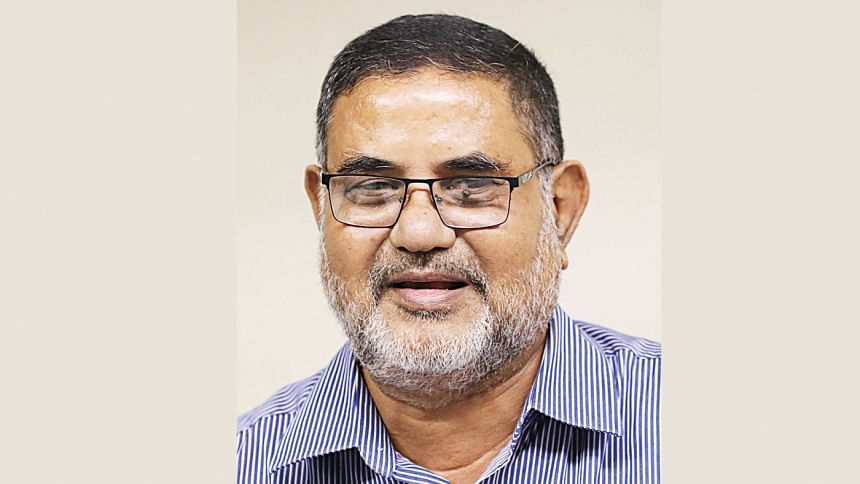
Rtn Md Mashequr Rahman Khan, PHF, President, Bangladesh Society for Human Resources Management (BSHRM)
We should focus on the abilities of persons with disabilities rather than their disabilities to address employment challenges. It is worth remembering that some of the brightest individuals the world has known, such as Stephen Hawking and Helen Keller, had disabilities.
Our organisation includes HR professionals from across the country, enabling collaboration through our network to make workplaces accessible and inclusive.
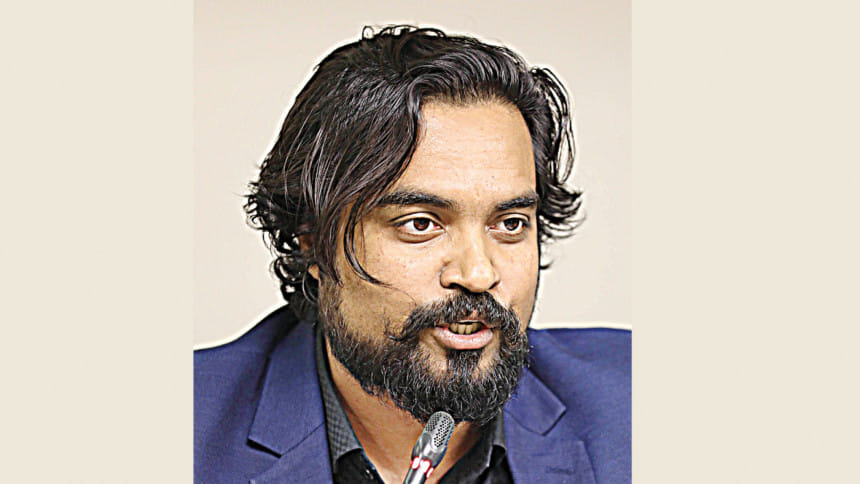
A. B. M. Faqrul Alam, Group Sustainability Lead, Urmi Group
We need to restructure or redesign jobs to make workplaces more inclusive. Accessible workstations, stairs, dormitories, regular training, and social support should also be prioritised. Additionally, employing family members is a key strategy to help retain staff and maintain a stable workforce. Rather than treating these measures as CSR (Corporate Social Responsibility) activities, we need to incorporate them as routine practices.

Farjana Reza, National Programme Officer, Social Protection, ILO
We are deeply committed to promoting social justice and ensuring that all workers, including persons with disabilities (PWDs), have the opportunity to lead decent and fulfilling lives. However, societal barriers often hinder the inclusion of PWDs in the workforce.
Bangladesh has made significant strides in recognising the rights of PWDs, such as ratifying the Convention on the Rights of Persons with Disabilities in 2007. Despite this, challenges persist in translating these commitments into tangible actions. For example, while the government has implemented a 1 per cent employment quota for PWDs in public and semi-public sectors, the actual employment rate remains significantly lower due to underreporting and limited data.
To address these issues, the government has initiated programmes such as the Inclusive National Employment Policy 2023 and the 8th Five-Year Plan, which provide vocational rehabilitation and microcredit support for PWDs. Partnerships with organisations like the Inclusive Job Centre (IJC) and the Bangladesh Business Disability Network (BBDN) are also encouraging private sector participation in inclusive employment practices.
Despite these efforts, systemic barriers—including societal stigma, lack of awareness, and bureaucratic hurdles—continue to limit opportunities for PWDs. To overcome these challenges, it is crucial to strengthen data collection systems, evaluate the effectiveness of existing programmes, and address systemic issues hindering the inclusion of PWDs.
The ILO is actively working to promote inclusive employment for PWDs through initiatives such as developing service-based employment models, providing access to education and skills development programmes, and advocating for inclusive workplaces. By prioritising the inclusion of PWDs, Bangladesh can create a more just and equitable society. We urge all stakeholders, including the government, employers, and civil society organisations, to work together to realise this vision.
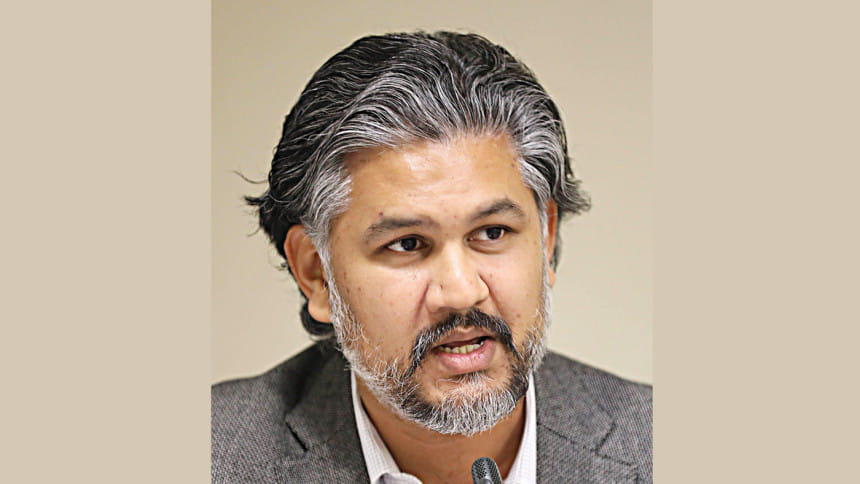
Murteza Rafi Khan, Chief Executive Officer, Bangladesh Business and Disability Network (BBDN)
The National Action Plan on Disability recognises the role of employers in making the workforce more accessible and inclusive for persons with disabilities. However, the implementation of these plans is not always consistent. Nonetheless, the initiative represents a positive step towards involving multiple sectors in creating an inclusive environment.
One of the key challenges is upskilling individuals with disabilities and integrating them into the workforce. This remains a significant issue in employment, and we aim to adopt a demand-driven approach to address it. Such an approach would involve close collaboration with employers to ensure that the training provided is aligned with market needs and meets established quality standards.
It is essential to recognise that disability is simply another human experience—a form of diversity. The business incentive to include persons with disabilities lies in building a diverse workforce that embraces cross-sectional perspectives and innovative approaches.
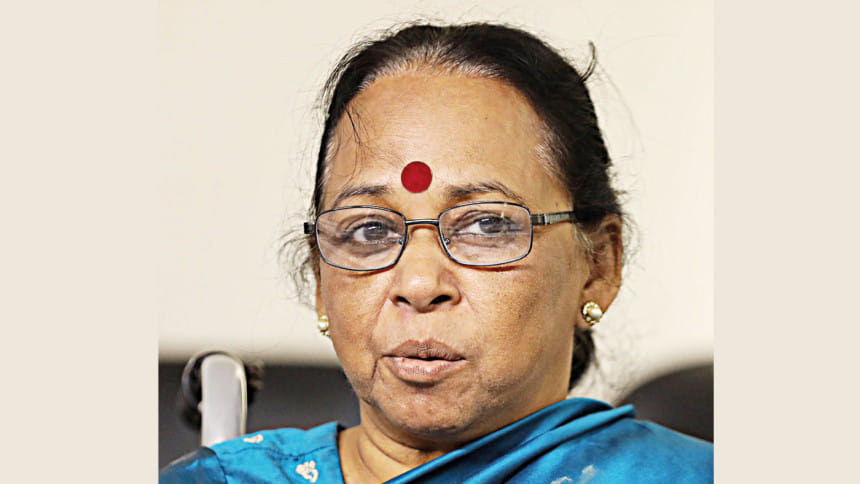
Mohua Paul, Co-Founder and Chairperson, Access Bangladesh Foundation
Instead of creating new job opportunities, we should focus on assimilating persons with disabilities into existing jobs by matching their abilities and skills. I have been working for 42 years, and accessibility remains a persistent issue. Transportation is another crucial area that demands attention. Currently, only the metro rail system is fully accessible for persons with disabilities. The situation is even more challenging in rural areas, particularly for women with disabilities and individuals with severe conditions such as cerebral palsy, autism, intellectual, visual, speech, and hearing impairments. It is imperative to address these issues comprehensively.
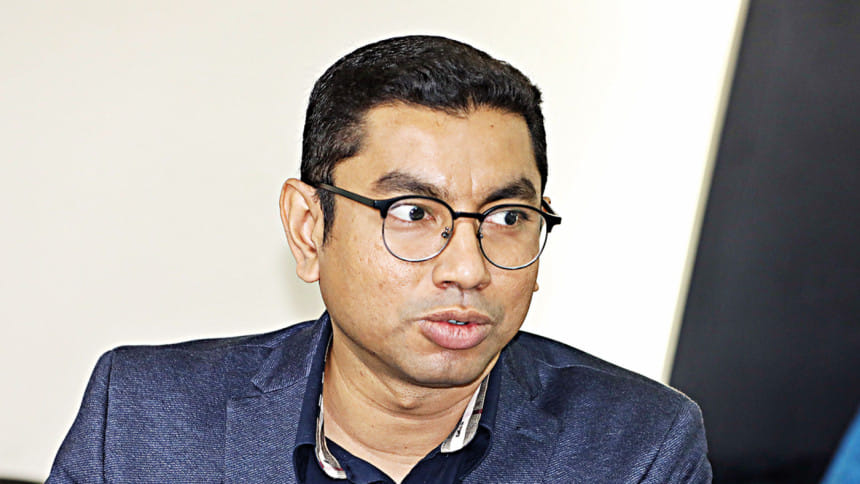
Tanjim Ferdous, In-Charge, NGOs & Foreign Missions, Business Development Department, The Daily Star & Moderator
In Bangladesh, persons with disabilities face numerous obstacles in various spheres of society, especially in employment. They are often deprived of services and opportunities due to social prejudice, discrimination, negative mindsets, and infrastructural limitations.
The challenges are even more pronounced for women. Women with disabilities are at increased risk of violence and social isolation due to exclusion from employment, education, and social activities.
Through this discussion, we hope to drive positive change and promote equity and inclusion for persons with disabilities in the workplace.
Recommendations
- Ensure that infrastructure and information at all levels are accessible and disability-friendly.
- Enforce existing policies adequately and provide comprehensive support.
- Promote awareness-raising programmes highlighting the capacities of persons with disabilities, particularly women, to reduce stigma and stereotypes.
- Undertake targeted employment programmes for persons with severe disabilities.
- Recognise employers who champion inclusive hiring and workplace accommodations, showcasing their contributions as role models for others.
- Ensure the implementation of employment quotas for persons with disabilities in both government and private sectors.
- Formulate career-centric special education and training programmes.
- Conduct audits to assess the accessibility of infrastructure and information.
- Ensure digital accessibility, particularly for employing visually impaired persons.
- Design disability-friendly training modules.
- Make financial products more accessible for persons with disabilities.
- Focus on safe accommodation and disability-friendly transportation.
- Provide sufficient vocational training opportunities for persons with disabilities.

 For all latest news, follow The Daily Star's Google News channel.
For all latest news, follow The Daily Star's Google News channel. 



Comments